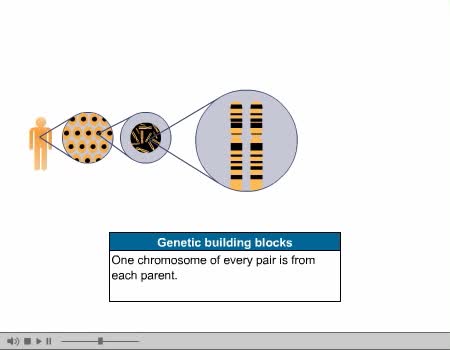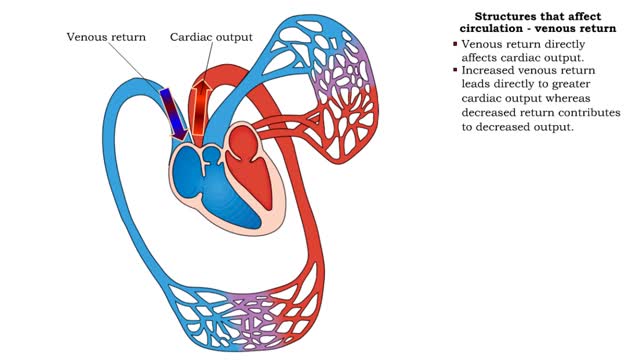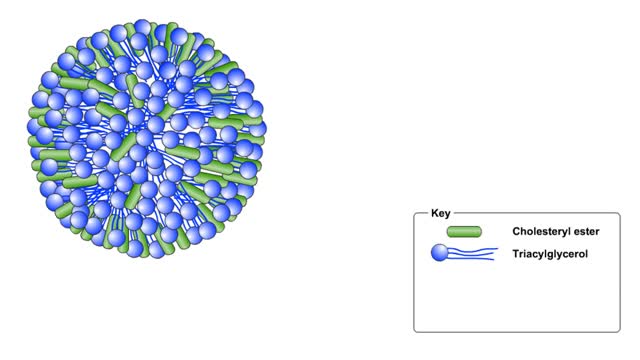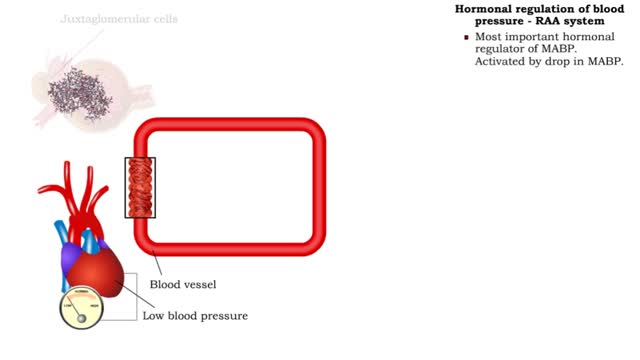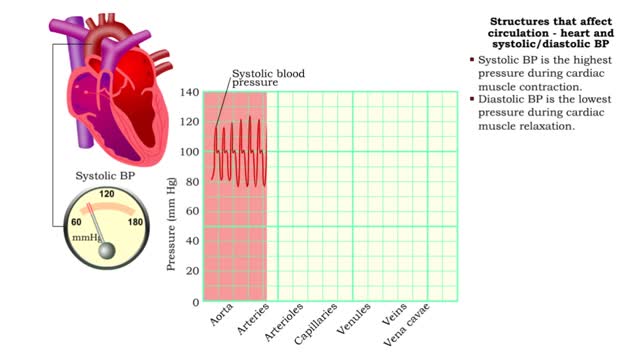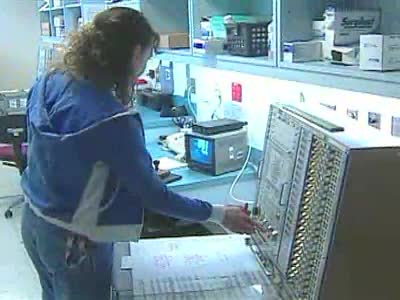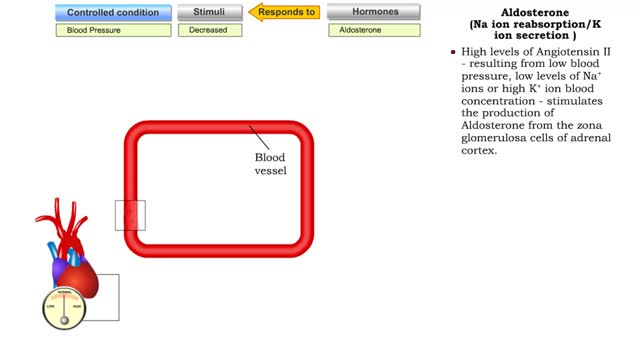Search Results
Results for: 'Definition of stroke volume'
By: Administrator, Views: 14401
Genetics is a branch of biology concerned with the study of genes, genetic variation, and heredity in organisms. Gregor Mendel, a scientist and Augustinian friar, discovered genetics in the late 19th-century. Mendel studied "trait inheritance", patterns in the way traits are handed down from p...
Structures that affect circulation - venous return
By: HWC, Views: 11227
• Venous return directly affects cardiac output. • Increased venous return leads directly to greater cardiac output whereas decreased return contributes to decreased output. • Venous return depends on: • Blood volume regulation by the kidneys. • Venous tone. • Skeletal muscl...
What is Cholesterols? Introduction to Lipoproteins
By: HWC, Views: 10405
✔ https://HomeworkClinic.com ✔ https://Videos.HomeworkClinic.com ✔ Ask questions here: https://HomeworkClinic.com/Ask Follow us: ▶ Facebook: https://www.facebook.com/HomeworkClinic ▶ Review Us: https://trustpilot.com/review/homeworkclinic.com Cholesterol is a type of fat fo...
Hormonal regulation of blood pressure - RAA system
By: HWC, Views: 11845
■ Long-term regulation of MABP is under hormonal control. • Hormones that affect blood pressure and volume: the renin-angiotensin-aldosterone (RAA) system, antidiuretic hormone (ADM), and atrial natriuretic peptide (ANP). ■ Most important hormonal regulator of MABP. Activated by drop in...
Structures that affect circulation - heart and systolic/diastolic BP
By: HWC, Views: 11282
• Heart generates blood pressure. • Arterioles produce resistance thereby regulating blood flow to tissues. • Veins store blood; kidneys regulate blood volume; both affect venous return and cardiac output. ■ Contractions of the ventricles determine blood pressure, which drives th...
Cognitive development by Piaget (Preoperational stage or intelligence)
By: HWC, Views: 10452
The next stage of cognitive development proposed by Piaget, is the preoperational stage, roughly between the ages of 2 and 7. At this stage Piaget asserted that a child has what he called preoperational intelligence. hey can mentally representing objects, but do not have a system for organising...
By: Administrator, Views: 14458
Epilepsy is a group of neurological disorders characterized by epileptic seizures. Epileptic seizures are episodes that can vary from brief and nearly undetectable periods to long periods of vigorous shaking. These episodes can result in physical injuries, including occasionally broken bones. In ...
By: Administrator, Views: 14460
Pre-eclampsia (PE) is a disorder of pregnancy characterized by the onset of high blood pressure and often a significant amount of protein in the urine. When it arises, the condition begins after 20 weeks of pregnancy. In severe disease there may be red blood cell breakdown, a low blood platelet c...
Atrial natriuretic peptide (vasodilation) & Aldosterone
By: HWC, Views: 11072
• Certain situations will cause the body's stress level to rise. • increased blood pressure will stretch the atria of the heart, stimulating the secretion of atria natriuretic peptide (MP). • ANP causes muscle cells in blood vessels to relax. • Blood pressure is lowered as a result ...
Advertisement



